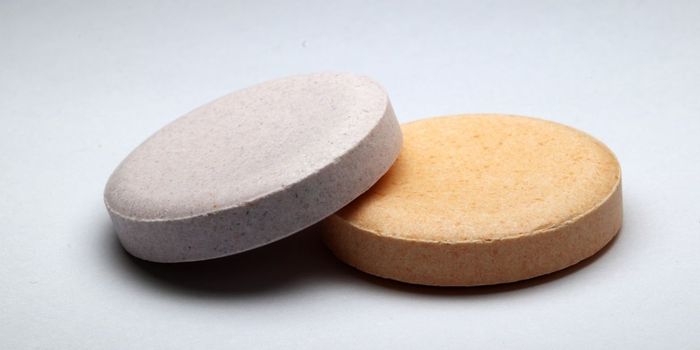'Feeling Younger' Boosts Rehabilitation Outcomes in Older Patients
How old a person feels is more predictive of their rehabilitation outcome than their chronological age and underlying health conditions. The corresponding study was published in Gerontology.
Fractures, largely due to falls and stroke, often result in loss of functional independence. For the study, researchers tracked 194 patients aged 73 - 84 years old undergoing rehabilitation from osteoporotic fractures or stroke across Israel.
Over the course of the one-month-long rehabilitation treatment, patients were interviewed several times about how old they felt alongside their general feelings and experience. Their functional independence was assessed by nursing personnel at the beginning and end of treatment via the Functional Independence Measurement (FIM) test.
In the end, the researchers found that patients who felt younger at hospital admission showed more independence at discharge a month later than those who felt older. These effects were observed in all patients- whether suffering from stroke or osteoporotic fracture.
The researchers further found that subjective age at admission predicted rehabilitation outcomes even more than chronological age and underlying multiple health conditions.
The researchers attributed the effects of feeling younger to being optimistic about regaining functional abilities. This optimism, they noted, may have motivated older individuals to adhere to rehabilitation protocols more closely, leading to better results.
"Those who feel younger can maintain their health and functioning for longer periods, and as the current study shows, can recuperate better from disability. Therefore, by perceiving themselves to age successfully people may preserve a healthy and vigorous lifestyle," said Prof. Amit Shrira, from the Gerontology Program at the Department of Interdisciplinary Social Sciences, who led the study together with Prof. Ehud Bodner, also from the Interdisciplinary Social Sciences department.
In light of this study, the researchers say that clinicians could evaluate patients' subjective age when designing rehabilitation protocols. They also noted that future research could focus on ways to induce feelings of younger subjective age in patients to assist their rehabilitation.
Sources: Science Daily, Gerontology









